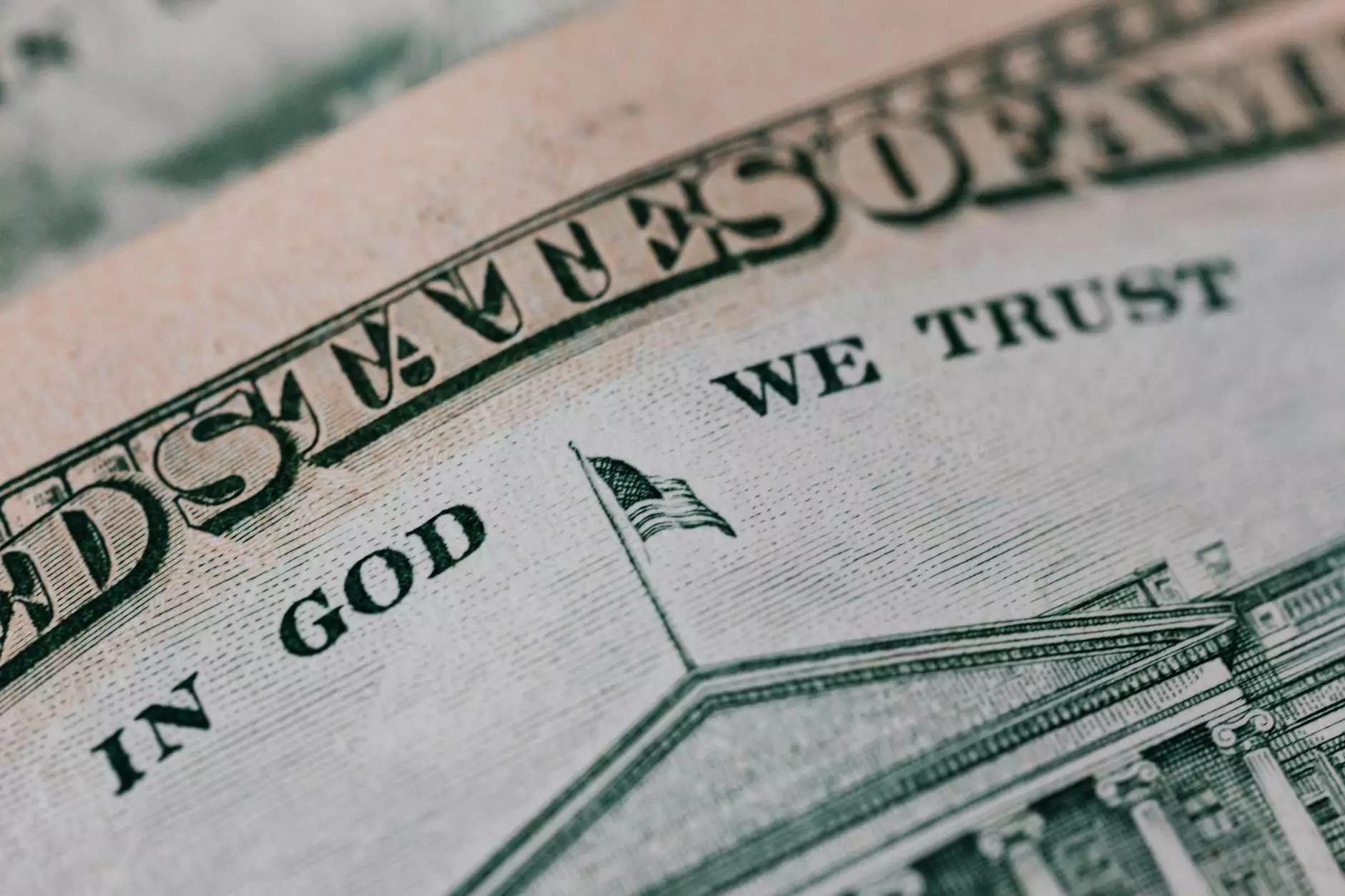13 Worst Things You Can Do With a Credit Card
Financials & Reports
As part of our commitment to educating and assisting the community, Social Service of America is dedicated to providing valuable information on various topics. In this article, we will highlight the 13 worst things you can do with a credit card and offer guidance on how to avoid them. We understand the importance of responsible credit card usage, and by sharing this knowledge, we aim to empower individuals to make informed financial decisions.
The Dangers of Minimum Payments
One of the biggest mistakes credit card users make is sticking to the minimum payment requirement. By only paying the minimum amount due each month, you are likely to incur high interest charges that can accumulate quickly over time. It's crucial to pay off your credit card balance in full whenever possible to avoid unnecessary debt and interest payments.
Maxing Out Your Credit Card
Another detrimental habit is maxing out your credit card. When you reach your credit limit, it not only affects your credit score negatively but also makes it challenging to make necessary purchases in case of emergencies. Keeping your credit utilization ratio low (preferably below 30%) demonstrates responsible credit management and helps maintain a healthy credit profile.
Ignoring Credit Card Statements
Regularly reviewing your credit card statements is imperative to identify any suspicious charges or errors. Ignoring your statements could lead to unnoticed fraudulent activity, potentially harming your financial well-being. Make it a habit to go through your statements every month to ensure accuracy and promptly address any concerns.
Using Cash Advances
Cash advances on credit cards often come with substantial fees and higher interest rates than regular purchases. It's best to avoid cash advances unless it's absolutely necessary. Explore alternative options such as personal loans or emergency funds to meet your financial needs.
Relying on Credit Cards for Daily Expenses
While credit cards offer convenience, relying on them solely for your daily expenses without a solid repayment plan can lead to a debt spiral. Create a budget and use credit cards responsibly, ensuring you have sufficient funds to pay off your balances each month and avoid accumulating unnecessary debt.
Carrying Multiple Credit Cards
Having multiple credit cards might seem appealing, but it can easily become overwhelming to manage. Each card comes with its terms, interest rates, and payment due dates, making it challenging to stay organized. Limit the number of credit cards you possess and focus on building a strong credit history with a select few.
Applying for Too Many Credit Cards
Each time you apply for a credit card, it triggers a hard inquiry on your credit report, which temporarily reduces your credit score. Applying for too many credit cards within a short period can give the impression of credit-hungry behavior and negatively impact your creditworthiness. Only apply for credit cards when necessary and research available options before submitting applications.
Ignoring Rewards Programs
Many credit cards offer rewards programs that allow users to earn points, cashback, or other benefits. Ignoring these programs means missing out on valuable opportunities to save money or enjoy perks. Take advantage of rewards programs that align with your needs and spending habits, maximizing the benefits of your credit cards.
Failing to Update Your Contact Information
It is essential to keep your credit card company updated with your current contact information. If they need to reach you regarding potential fraud or important account updates, outdated information could lead to missed notifications or delayed action. Maintain open lines of communication to ensure the security and integrity of your credit card account.
Neglecting Credit Card Security Measures
Protecting your credit card information is paramount. Neglecting security measures such as sharing your card details with unauthorized individuals or storing card information on unsecured websites can leave you vulnerable to identity theft and financial fraud. Be cautious when providing your credit card details and use secure platforms for online transactions.
Not Utilizing Balance Transfer Offers
Balance transfer offers can be an effective tool to consolidate and manage credit card debt. By transferring balances to a card with a lower interest rate or promotional period, you can save money on interest payments and potentially pay off your debt faster. Explore balance transfer options if you carry high-interest debt on your credit cards.
Paying Late or Missing Payments
Late or missed credit card payments can have severe consequences on your credit score and financial stability. Set up reminders or automatic payments to ensure your bills are paid on time. If you encounter financial difficulties, communicate with your credit card issuer to explore potential payment arrangements or assistance programs.
Failing to Read Terms and Conditions
Before applying for a credit card or using one, it is crucial to read and understand the terms and conditions. Familiarize yourself with interest rates, fees, and any other card-specific information. This knowledge allows you to make informed decisions and avoid surprises that could negatively impact your financial situation.
By being aware of these worst practices and taking the necessary precautions, you can make the most out of your credit card while avoiding potential pitfalls. Social Service of America is dedicated to educating the community and helping individuals make informed financial decisions. Visit our website for more valuable resources and insights on various topics related to community and society, specifically in the field of philanthropy.









